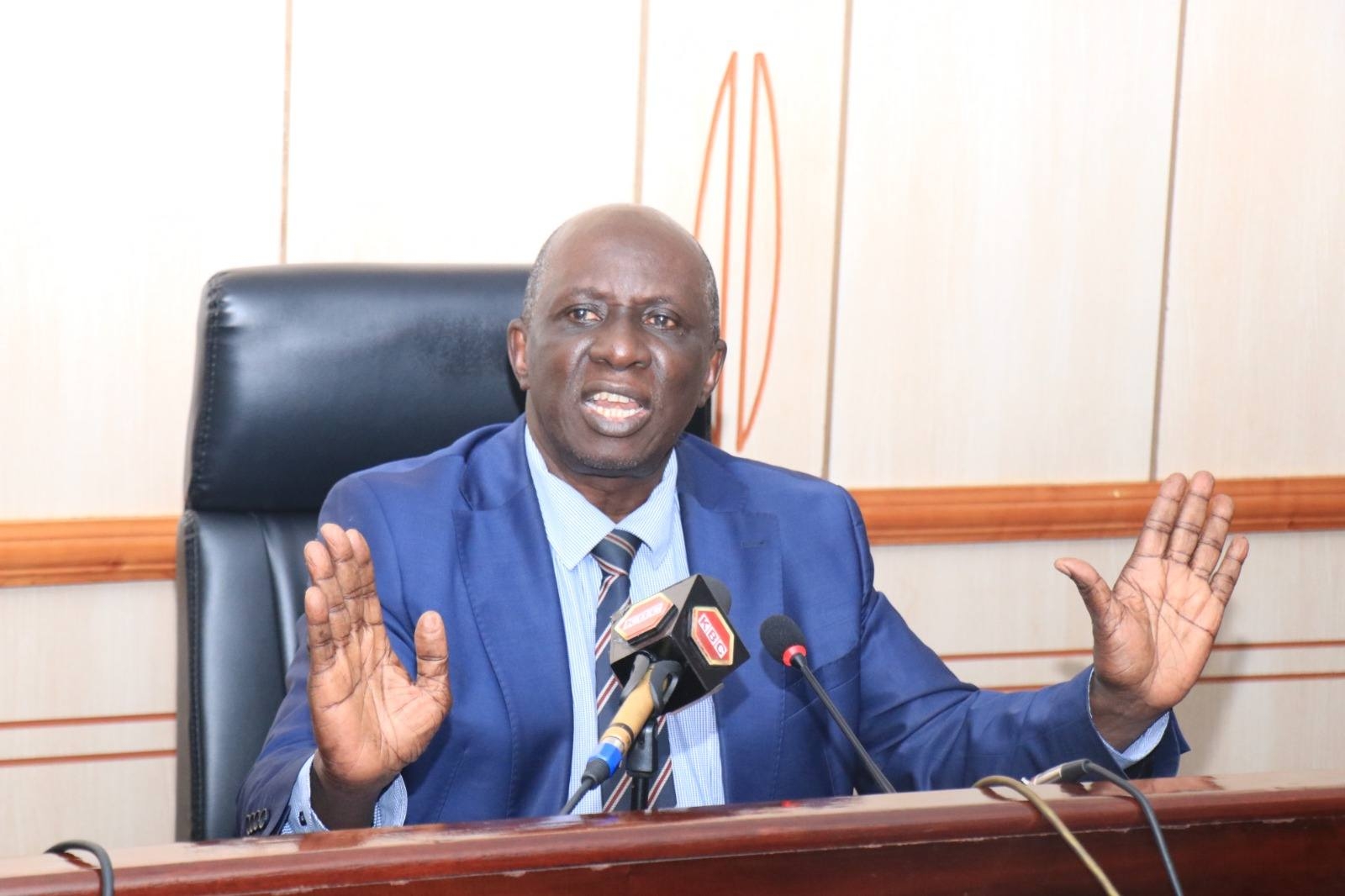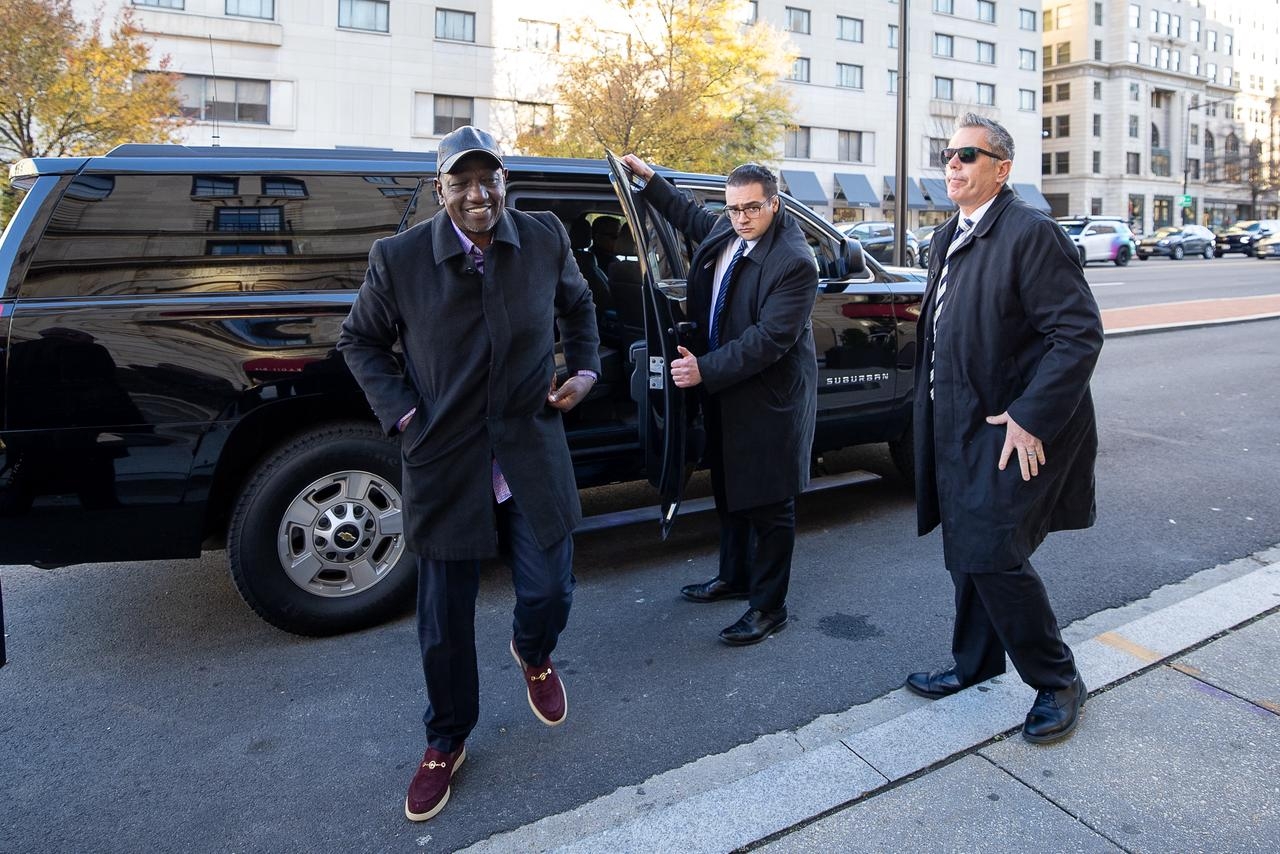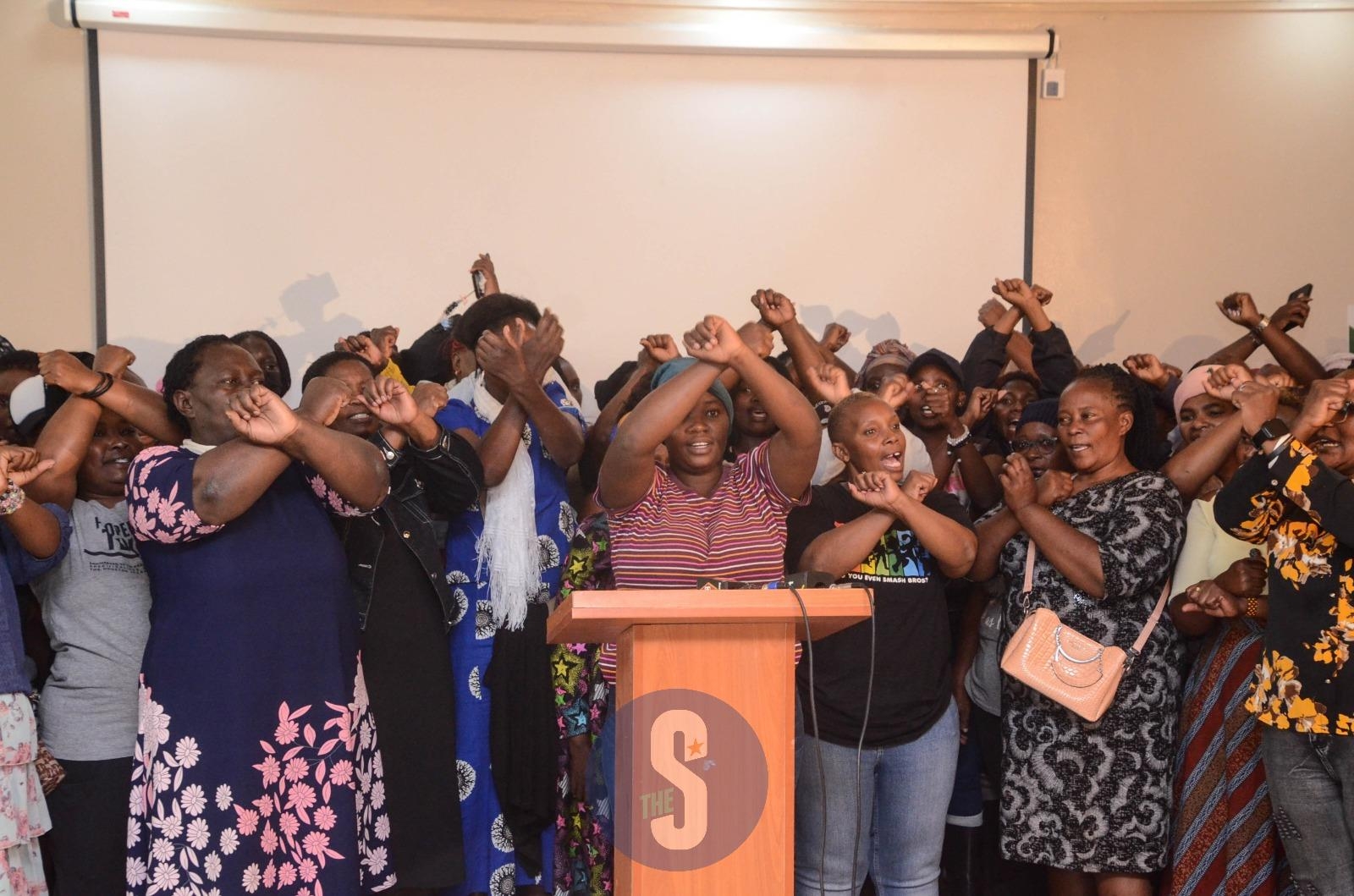The International Commission of Jurists has called upon the Director of Criminal Investigations and the Inspector General of the National Police Service to immediately reveal the whereabouts of all the persons arrested during the anti-finance bill protests.
In a statement on Saturday, the body also urged the DCI and NPS to abide by all due process requirements that the constitution mandates.
"We call upon the Director of Public Prosecutions (DPP) and Judicial Officers to also be on the lookout for such violations in the criminal justice chain," ICJ added.
ICJ expressed alarm over the allegations that some of those arrested during the protests are being held incommunicado.
ICJ noted that incommunicado arrest and detention, where a person is held without communication with the outside world, including lawyers and family members, is a gross violation of human rights and a breach of constitutional and international law.
This includes the Convention Against Torture (CAT) and the International Covenant on Civil and Political Rights (ICCPR).
ICJ said it has so far received reports that content creator Billy Simani, also known as Crazy Nairobian, was arrested, and his whereabouts are unknown to his family, friends, and legal representatives.
"This alarming development follows the tragic death of Rex Masai Kanyike during the Thursday, June 20, 2024, protests and reports of widespread unlawful use of force against protesters and journalists," the body said.
ICJ stated that incommunicado detention can lead to enforced disappearances, where individuals are secretly abducted and held.
These individuals, the jurist body explained, are often denied basic legal protections, and their whereabouts remain unknown, increasing the likelihood of mistreatment, torture, and even murder.
"The secrecy surrounding incommunicado arrests can lead to extrajudicial killings, where detainees may be killed to cover up torture or other abuses," ICJ added.
ICJ further stated that incommunicado detention undermines detainees' legal rights, including the right to a fair trial, access to legal representation, and the ability to challenge the legality of their detention.
"This creates a system where detainees are vulnerable to prolonged or indefinite detention without due process. Additionally, prolonged incommunicado detention can have severe psychological effects on detainees, including anxiety, depression, and other mental health issues. Uncertainty and isolation can exacerbate the trauma associated with detention and abuse," ICJ explained.














